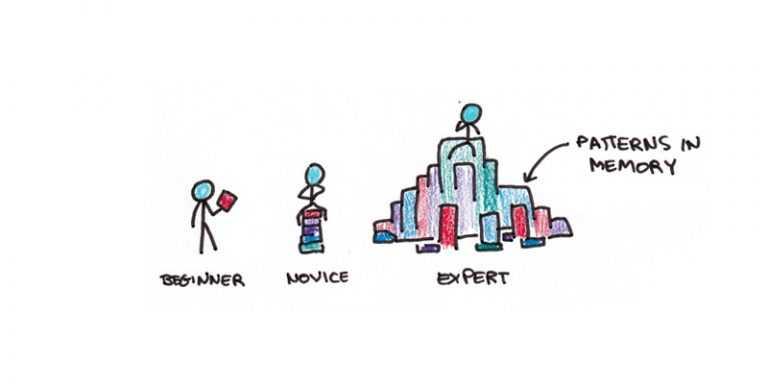Broader skills benefit more from theory
Direct practice is not the opposite of deep understanding.
A naive approach to mastering, for example, physics problems, is to continue practising exam questions. But practising limited exam questions is not the same as the range of problems you will find in the real world. To solve real problems, you need a deep structure for understanding the problems, not just memorised solution patterns that you cannot apply.
156
715 reads
CURATED FROM
IDEAS CURATED BY
The idea is part of this collection:
Learn more about problemsolving with this collection
Leonardo da Vinci's creative process
How to approach problem-solving like da Vinci
The importance of curiosity and observation
Related collections
Similar ideas to Broader skills benefit more from theory
How to build general skills
People that develop expertise in multiple areas are able to solve a wide range of problems.
The key is to gain broadly valuable skills:
- Breadth comes from specificity. General skills are built from large libraries of specific knowledge.
Other Tips From Jordan Peterson For a Better Life
- Consider that any hierarchy creates winners and losers. The winners are more likely to justify the hierarchy and the losers to criticize it.
- Understand that hierarchy is inescapable. The pursuit of goals lends life meaning and the collective pursuit of goals produces hi...
Read & Learn
20x Faster
without
deepstash
with
deepstash
with
deepstash
Personalized microlearning
—
100+ Learning Journeys
—
Access to 200,000+ ideas
—
Access to the mobile app
—
Unlimited idea saving
—
—
Unlimited history
—
—
Unlimited listening to ideas
—
—
Downloading & offline access
—
—
Supercharge your mind with one idea per day
Enter your email and spend 1 minute every day to learn something new.
I agree to receive email updates
